PhytAge Labs, the developer of a full line of top-selling organic health supplements, is here to help you answer an important health question: how much sugar are you really eating? While sugars occur naturally in various foods, many types of food and drink we consume on a daily basis are loaded with added sugars. Over time, this can lead to significant health problems that affect your entire body. In this blog, we’re taking a closer look at how too much sugar can affect your health and offering some tips for reducing your sugar intake so you can continue to lead a happier, healthier lifestyle.
PhytAge Laboratories is a proud leader in the health supplement industry. At PhytAge Labs, we’ve created a full line of all-natural health supplements to help our customers address their existing health issues. With a full line of organic health supplements, including Blood Tinnitus 911, Prostate 911, Nerve Control 911, and more, PhytAge Laboratories can help you maintain quality health for many years to come.
Is Sugar Always Bad for You?
With all the bad press it gets, many people make the assumption that all sugar is bad for you. But this isn’t the case. Many healthy foods, such as fruits, some dairy products, and whole grains actually have naturally occurring sugars. These sugars, in addition to protein, fats, and nutrients, all come together to create a healthy, balanced diet. In fact, some sugar is actually beneficial for your overall health. The sugars and starches found in carbohydrates supply glucose to the brain and work as fuel for the cells throughout your body. So, the answer to our question is quite simple: no, sugar isn’t always bad for you.
So why does it have such a bad reputation? It’s really more about the added sugars found in many foods and drinks. Many foods, such as fruit juice, sauces, sports drinks, candy, and even yogurt, are loaded with added sugars. Sure, this certainly makes them taste great, but these high amounts of sugar can lead to significant health problems. This is why it’s so important to carefully read the nutritional labels on the food and drink your purchasing.
How Much Sugar are You Really Eating?
While natural sugars are found in many different foods, the primary concern from a health standpoint is when it comes to the added sugars. Mostly found in processed foods, such as soft drinks, pastries, or many breakfast cereals, added sugars can quickly stack up and put your diet out of balance. Over time, this can lead to serious health problems, such as higher risks of obesity, cardiovascular disease, stroke, poor skin health, and even a range of different mental health issues.
According to the World Health Organization (WHO), an average adult should only be getting about 5 percent of their daily caloric intake from sugars. This equals out to about 25 grams of sugar per day. And when your average can of soda contains about 40 grams of sugar alone, you can quickly see why excess sugar consumption is such a major health problem for people throughout the entire world.
To get a better idea of how much sugar you’re really eating, take a look at the amount of sugar in some of these common items:
- 1 tablespoon of ketchup = 1 teaspoon of sugar.
- 8 oz. of apple juice = 28 grams of sugar.
- Prepackaged apple sauce = 22 grams of sugar.
- Flavored yogurt cup = 20 grams of sugar.
What’s the Effect on Your Health From Eating Too Much Sugar?
While a moderate amount of sugar is necessary for a healthy, balanced diet, overdoing your sugar consumption can have negative effects on both your physical and mental health. And the big issue here is that most Americans really overdo their sugar consumption, especially when consuming processed foods loaded with added sugar.
Let’s take a look at how excess sugar can be harmful to your overall health:
- Brain health: ever wonder why it’s so satisfying to snack on a candy bar instead of celery? Well, when we consume sugar, our brains release dopamine (the “feel good” chemical). But as we consume more and more sugar, our brain gets less responsive to this release, and as a result, we need even more sugar to elicit that good feeling.
- Heart health: a diet with high levels of sugar can lead to increased insulin in your bloodstream. Over time, this can negatively affect your arteries by causing inflammation or stiffening of the arteries. This can put additional stress on your heart and entire cardiovascular system leading to health problems such as heart disease, heart attacks, or stroke.
- Skin: excess sugar in your diet can lead to more inflammation, which can actually age your skin at a faster rate. Excess sugar in your bloodstream creates harmful molecules called “AGEs” that damage the collagen and elastin in your skin.
- Liver: added sugar usually contains fructose or high fructose corn syrup. When high amounts of fructose are broken down and processed in the liver, liver damage can occur. Fructose is broken down into fat and can cause non-alcoholic fatty liver disease or non-alcoholic steatohepatitis.
- Teeth: your parents were right when they warned you about eating too much candy. Excess sugar in your diet can lead to cavities and poor oral health.
- Joints: as we get older, limited mobility and joint pain become increasingly common. A diet with excess sugar can make this even worse as the inflammation makes joint pain even worse. Some reports even show that a diet with too much sugar can increase your risk of developing rheumatoid arthritis.
How to Reduce Your Sugar Consumption
After taking a quick stroll through a modern grocery store, it becomes pretty clear that cutting back on sugar isn’t as easy as it appears. Many of the foods we eat on a daily basis, especially processed foods, are loaded with added sugar. But when we become conscious of the amount of added sugar in our diet, we can begin making smarter choices to reduce our sugar consumption, and as a result, improve our overall health.
According to the American Heart Association, there are many ways you can cut down on the excess sugar in your diet. Some of these simple strategies include:
- Stick with water instead of soft drinks or juices.
- Cut back on the sugar you add to your coffee or tea (you can swap these out with extracts like almond or vanilla).
- Avoid fruits canned in syrups.
- Cut down on serving sizes.
- Compare food labels (especially looking at the amount of added sugar).
- Cut down on processed foods.
Conclusion – How much sugar are you really eating? (And the effect it's having on your health
After taking a closer look at the amount of sugar that’s contained in the foods and drinks you consume each day, many people are simply shocked by how much sugar they’re really eating on a daily basis. And while it might feel good in the moment satisfying that sweet tooth, the long-term health effects of too much sugar can be serious.
Over time, excess sugar can negatively impact almost every part of your body, including your skin, liver, pancreas, heart, brain, and even your mood. That’s why it’s so important to track how much sugar you’re consuming each day and work toward a more balanced, healthier diet. To help you address any nutritional gaps in your diet, you may also want to consider organic health supplements, which provide your body with the natural vitamins and nutrients you need for an active, healthy lifestyle.
Here at PhytAge Labs, we’re proud to develop a full line of organic health supplements to help improve your health. With our best-selling health supplements, such as Prostate 911, Blood Pressure 911, Tinnitus 911, and more, we’re sure to have an organic health supplement to help you meet your health and lifestyle goals.
Contact us today for more info on our entire selection of health supplements. Together, let’s begin your personal journey toward better physical and mental health.
 Cart
Cart




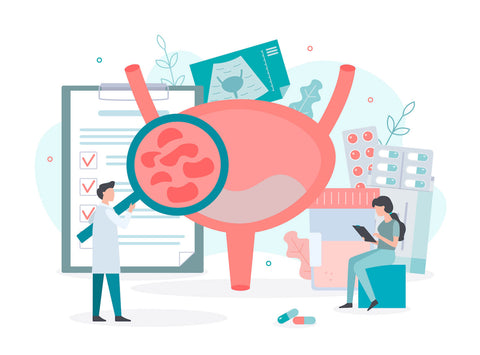










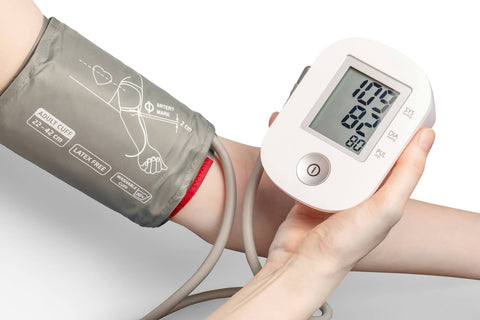

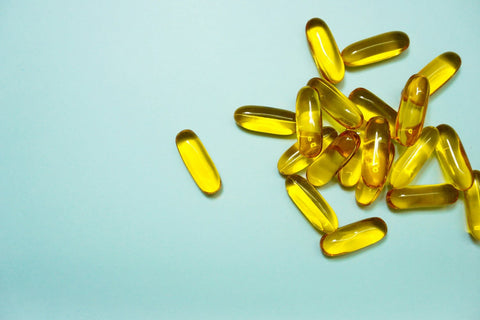
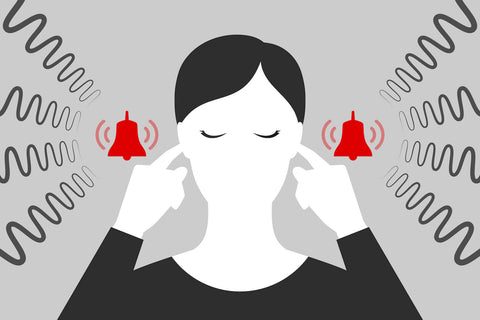



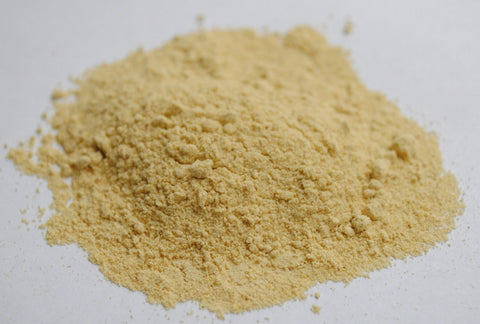
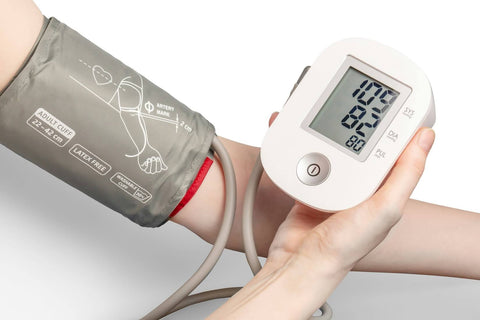
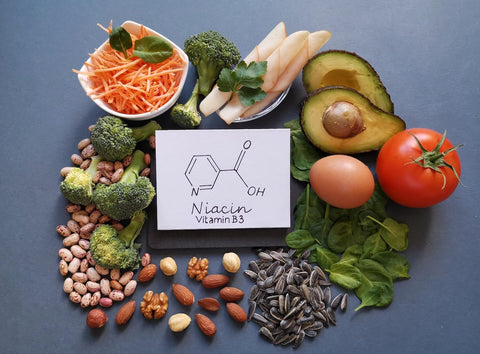

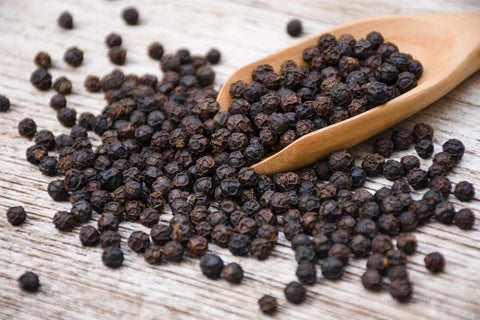










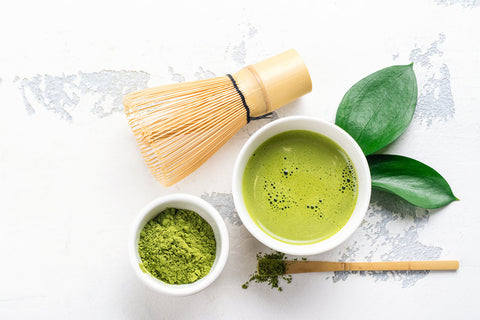














 1-800-822-5753
1-800-822-5753
